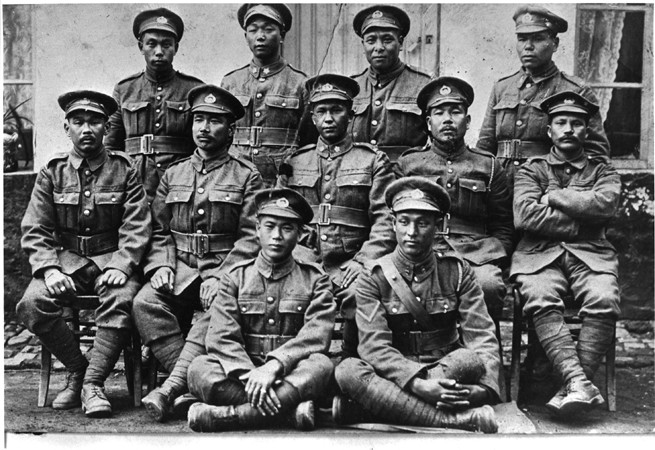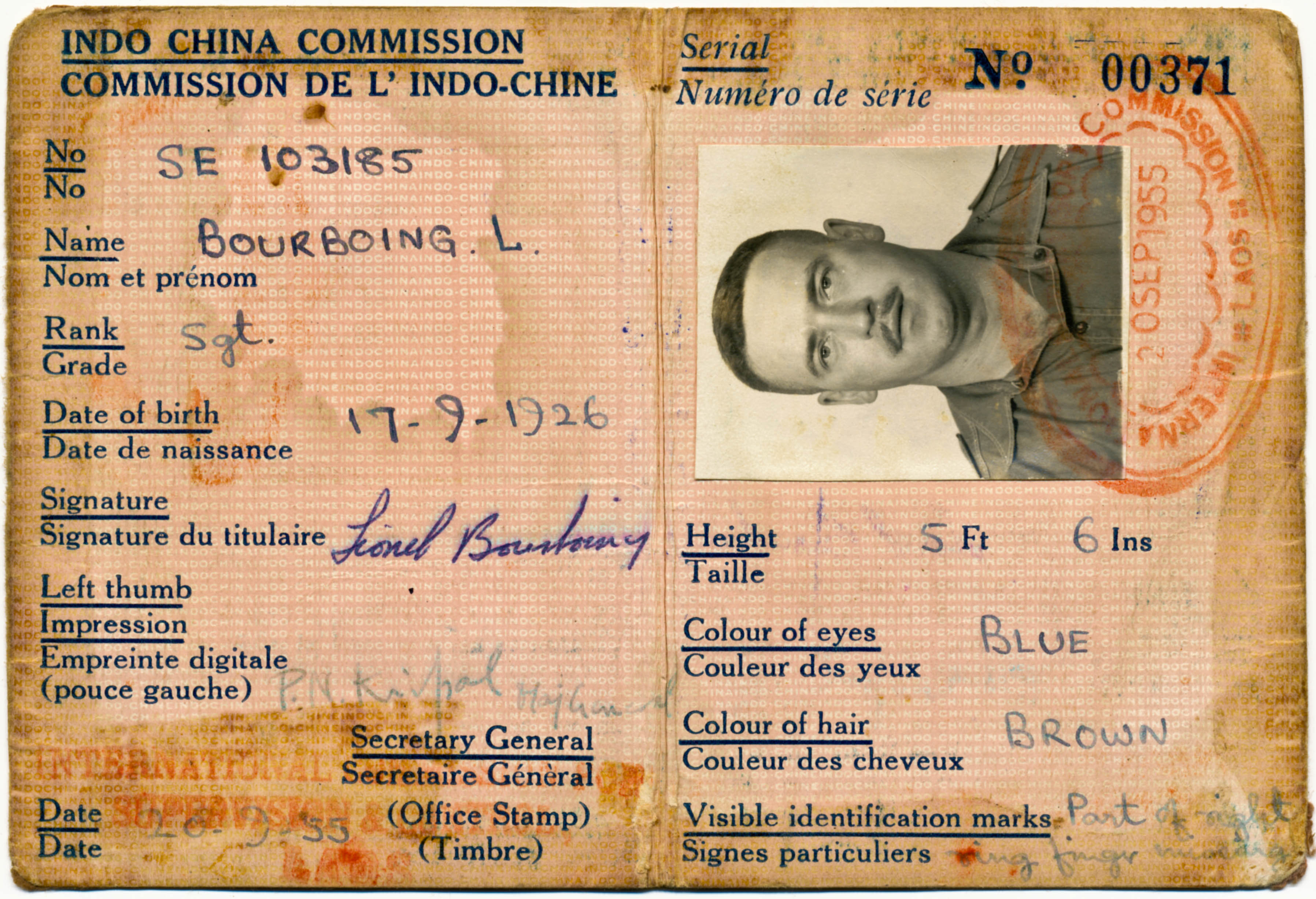Article
Jens Eriksen Munk
Jens Eriksen Munk, navigator, explorer, naval officer (b at Barbo, Norway 3 June 1579; d at Copenhagen, Denmark 3 or 24 June 1628).

Enter your search term
Signing up enhances your TCE experience with the ability to save items to your personal reading list, and access the interactive map.
Create AccountArticle
Jens Eriksen Munk, navigator, explorer, naval officer (b at Barbo, Norway 3 June 1579; d at Copenhagen, Denmark 3 or 24 June 1628).
"https://www.thecanadianencyclopedia.ca/images/tce_placeholder.jpg?v=e9dca980c9bdb3aa11e832e7ea94f5d9" // resources/views/front/categories/view.blade.phphttps://www.thecanadianencyclopedia.ca/images/tce_placeholder.jpg?v=e9dca980c9bdb3aa11e832e7ea94f5d9

Article
Joseph-François Hertel de La Fresnière, soldier (bap at Trois-Rivières, New France 3 July 1642; buried at Boucherville, New France 22 May 1722). As a youth, he was captured and adopted by the Iroquois (1661), escaped, and took part in retaliatory raids, accompanying FRONTENAC to Lake Ontario (1673).
"https://www.thecanadianencyclopedia.ca/images/tce_placeholder.jpg?v=e9dca980c9bdb3aa11e832e7ea94f5d9" // resources/views/front/categories/view.blade.phphttps://www.thecanadianencyclopedia.ca/images/tce_placeholder.jpg?v=e9dca980c9bdb3aa11e832e7ea94f5d9

Article
Josué Dubois Berthelot de Beaucours, military officer, engineer, governor of Trois-Rivières and Montréal (b in France c 1662; d at Montréal 9 May 1750).
"https://www.thecanadianencyclopedia.ca/images/tce_placeholder.jpg?v=e9dca980c9bdb3aa11e832e7ea94f5d9" // resources/views/front/categories/view.blade.phphttps://www.thecanadianencyclopedia.ca/images/tce_placeholder.jpg?v=e9dca980c9bdb3aa11e832e7ea94f5d9

Article
In 1792 he took charge at the Nootka post and negotiated with Captain George VANCOUVER over implementation of the 1790 Nootka Convention. Bodega y Quadra was polite but firm in defending Spanish sovereignty. He returned to Mexico in 1793, where he died suddenly.
"https://www.thecanadianencyclopedia.ca/images/tce_placeholder.jpg?v=e9dca980c9bdb3aa11e832e7ea94f5d9" // resources/views/front/categories/view.blade.phphttps://www.thecanadianencyclopedia.ca/images/tce_placeholder.jpg?v=e9dca980c9bdb3aa11e832e7ea94f5d9

Article
Juan Josef Pérez Hernández, naval officer, explorer (b c 1725 at Majorca, Spain; d 2 Nov 1775 off California). Pérez served as a pilot and marine officer in Spain's Pacific trade between Mexico and the
"https://www.thecanadianencyclopedia.ca/images/tce_placeholder.jpg?v=e9dca980c9bdb3aa11e832e7ea94f5d9" // resources/views/front/categories/view.blade.phphttps://www.thecanadianencyclopedia.ca/images/tce_placeholder.jpg?v=e9dca980c9bdb3aa11e832e7ea94f5d9

Article
Leif Newry Fitzroy Crozier, soldier, policeman (b at Newry, Ire 11 June 1846; d in Oklahoma, US 25 Feb 1901). He was appointed an inspector in the North-West Mounted Police (NWMP) in 1873.
"https://d3d0lqu00lnqvz.cloudfront.net/LNF_Crozier.jpg" // resources/views/front/categories/view.blade.phphttps://d3d0lqu00lnqvz.cloudfront.net/LNF_Crozier.jpg

Article
Louis-Antoine de Bougainville, Comte de Bougainville, soldier, sailor (born 12 November 1729 in Paris, France; died 20 August 1811).
"https://www.thecanadianencyclopedia.ca/images/tce_placeholder.jpg?v=e9dca980c9bdb3aa11e832e7ea94f5d9" // resources/views/front/categories/view.blade.phphttps://www.thecanadianencyclopedia.ca/images/tce_placeholder.jpg?v=e9dca980c9bdb3aa11e832e7ea94f5d9

Article
Louis-Joseph, Marquis de Montcalm, Lieutenant General in the French forces in New France (born 28 February 1712 near Nîmes, France; died 14 September 1759 in Quebec City, Canada). A career soldier, he served in many campaigns in Europe before coming to fight in North America during the Seven Years’ War. He directed the defence of Quebec City in the summer of 1759 during the siege by British Major General James Wolfe, which culminated in the Battle of the Plains of Abraham.
"https://d3d0lqu00lnqvz.cloudfront.net/media/new_article_images/PlainsofAbraham/26037417573_63169549b9_o.jpg" // resources/views/front/categories/view.blade.phphttps://d3d0lqu00lnqvz.cloudfront.net/media/new_article_images/PlainsofAbraham/26037417573_63169549b9_o.jpg

Article
Prime Minister William Lyon Mackenzie King guided the country through six painful years of conflict, oversaw a massive war effort and made surprisingly few errors in a period of tremendous turmoil, change and anguish.
"https://d3d0lqu00lnqvz.cloudfront.net/media/media/86b5dad6-77f9-493c-8453-1af445eda20b.jpg" // resources/views/front/categories/view.blade.phphttps://d3d0lqu00lnqvz.cloudfront.net/media/media/86b5dad6-77f9-493c-8453-1af445eda20b.jpg

Article
Manuel Quimper, naval officer, explorer (fl 1790). At the outbreak of the Nootka Sound Controversy, Quimper and 6 other young naval lieutenants were transferred from Europe to bolster Spain's Pacific strength.
"https://www.thecanadianencyclopedia.ca/images/tce_placeholder.jpg?v=e9dca980c9bdb3aa11e832e7ea94f5d9" // resources/views/front/categories/view.blade.phphttps://www.thecanadianencyclopedia.ca/images/tce_placeholder.jpg?v=e9dca980c9bdb3aa11e832e7ea94f5d9

Article
Masumi Mitsui, MM, farmer, soldier, Canadian Legion official (born 7 October 1887 in Tokyo, Japan; died 22 April 1987 in Hamilton, ON). Masumi Mitsui immigrated to Canada in 1908 and served with distinction in the First World War. In 1931, he and his comrades persuaded the BC government to grant Japanese Canadian veterans the right to vote, a breakthrough for Japanese and other disenfranchised Canadians. Nevertheless, Matsui and more than 22,000 Japanese Canadians were displaced, detained and dispossessed by the federal government during the Second World War (see Internment of Japanese Canadians).
"https://d3d0lqu00lnqvz.cloudfront.net/media/new_article_images/MasumiMitsui/2010-23-2-4-551.jpg" // resources/views/front/categories/view.blade.phphttps://d3d0lqu00lnqvz.cloudfront.net/media/new_article_images/MasumiMitsui/2010-23-2-4-551.jpg

Article
Montagu Wilmot, British army officer, governor of Nova Scotia (d at Halifax 23 May 1766). An officer from 1730, Wilmot served almost exclusively in Nova Scotia 1746-66 and was at the siege of LOUISBOURG in 1758 as a regimental commander.
"https://www.thecanadianencyclopedia.ca/images/tce_placeholder.jpg?v=e9dca980c9bdb3aa11e832e7ea94f5d9" // resources/views/front/categories/view.blade.phphttps://www.thecanadianencyclopedia.ca/images/tce_placeholder.jpg?v=e9dca980c9bdb3aa11e832e7ea94f5d9

Memory Project Archive
Please be advised that Memory Project primary sources may deal with personal testimony that reflect the speaker’s recollections and interpretations of events. Individual testimony does not necessarily reflect the views of the Memory Project and Historica Canada.
"https://d3d0lqu00lnqvz.cloudfront.net/MemoryProject/LionelBourboing/9673_original.jpg" // resources/views/front/categories/view.blade.phphttps://d3d0lqu00lnqvz.cloudfront.net/MemoryProject/LionelBourboing/9673_original.jpg

Article
Women have cared for wounded soldiers throughout Canada's wartime history. "Nursing sisters" carried out official duties with the military during the North-West Resistance, the South African War, the First and Second World Wars, and the Korean War. At least 70 nursing sisters died from enemy action and disease during their service.
"https://d3d0lqu00lnqvz.cloudfront.net/media/vimy_foundation/VF3-4/VF8-11.jpg" // resources/views/front/categories/view.blade.phphttps://d3d0lqu00lnqvz.cloudfront.net/media/vimy_foundation/VF3-4/VF8-11.jpg

Article
We celebrate the heroism and mourn the sacrifices of our military through two world wars, and assorted other foreign conflicts and peacekeeping missions. Yet less attention has been paid to the related efforts of women — in particular, the nurses who have built their own proud tradition of service and sacrifice.
"https://d3d0lqu00lnqvz.cloudfront.net/media/media/6c14215f-fcdf-40f6-8934-c77072c307ec.jpg" // resources/views/front/categories/view.blade.phphttps://d3d0lqu00lnqvz.cloudfront.net/media/media/6c14215f-fcdf-40f6-8934-c77072c307ec.jpg
